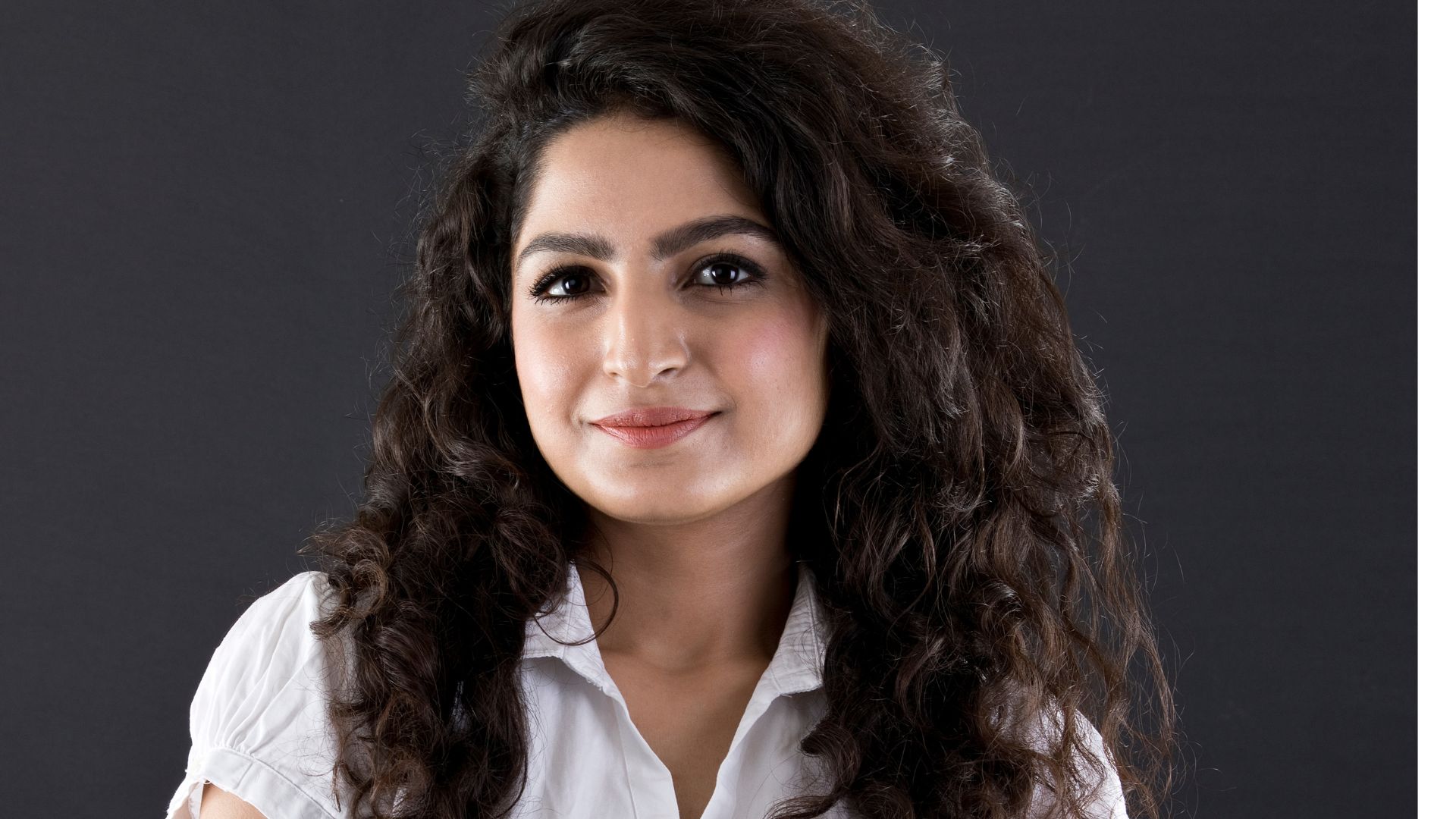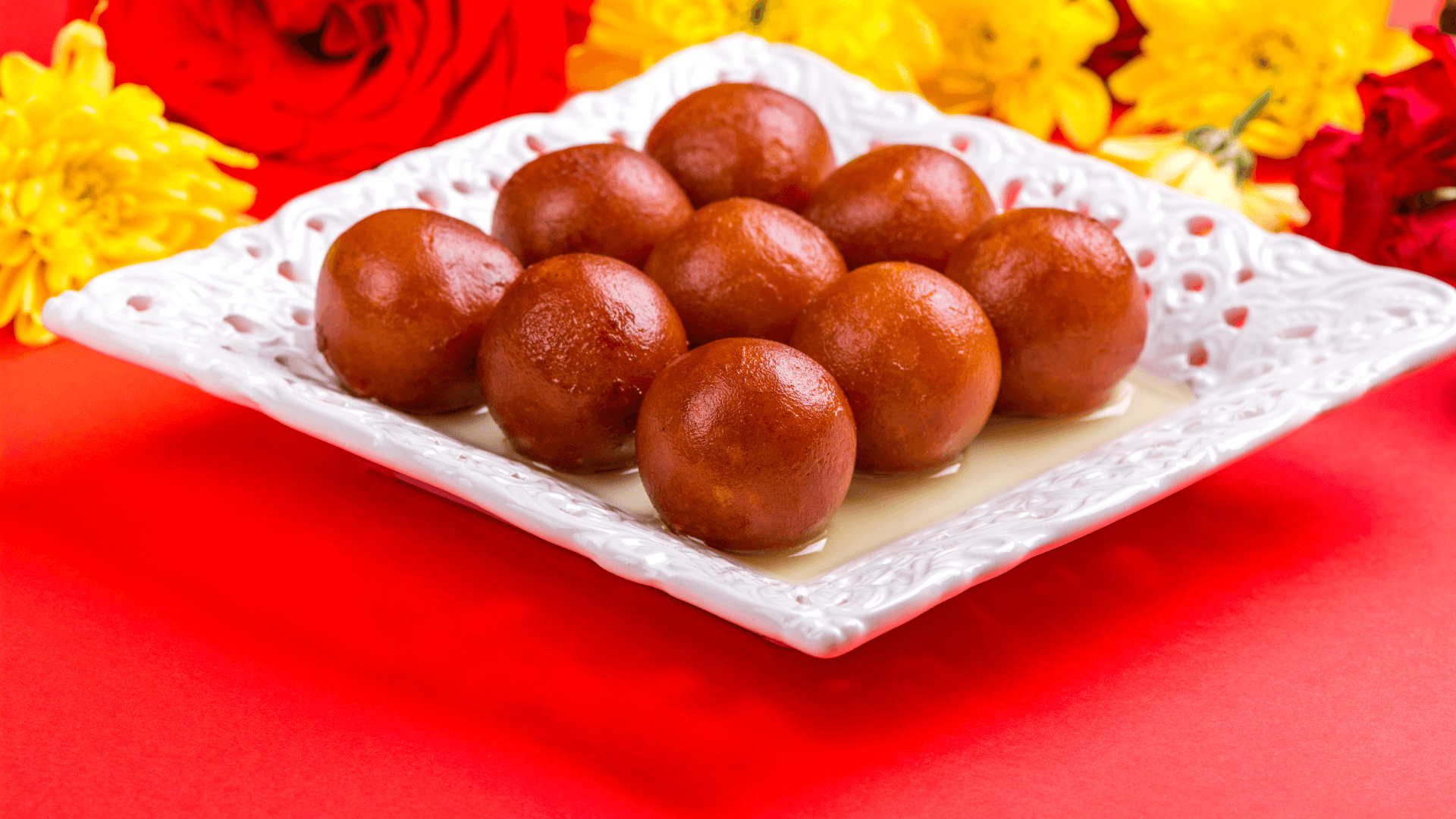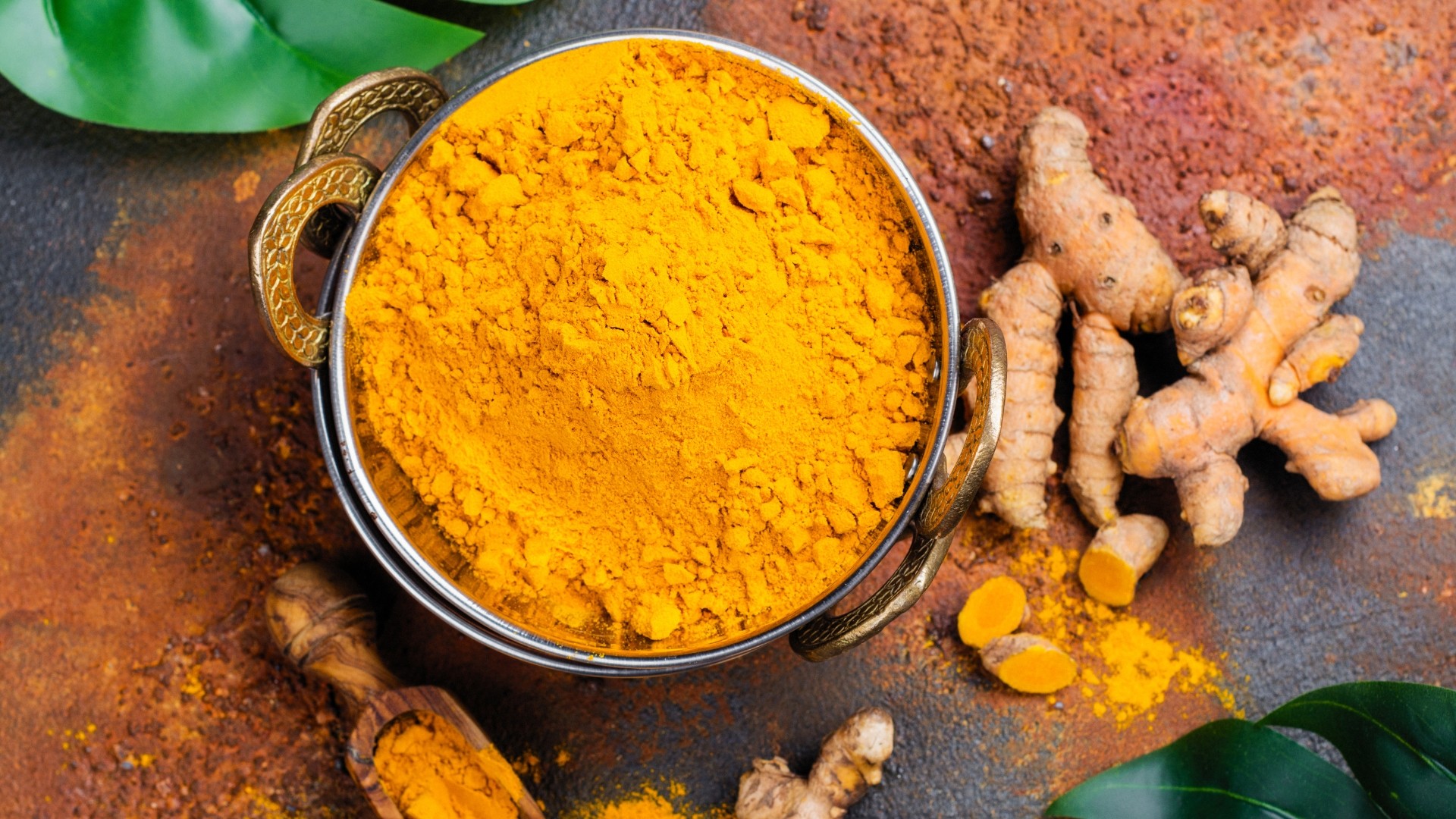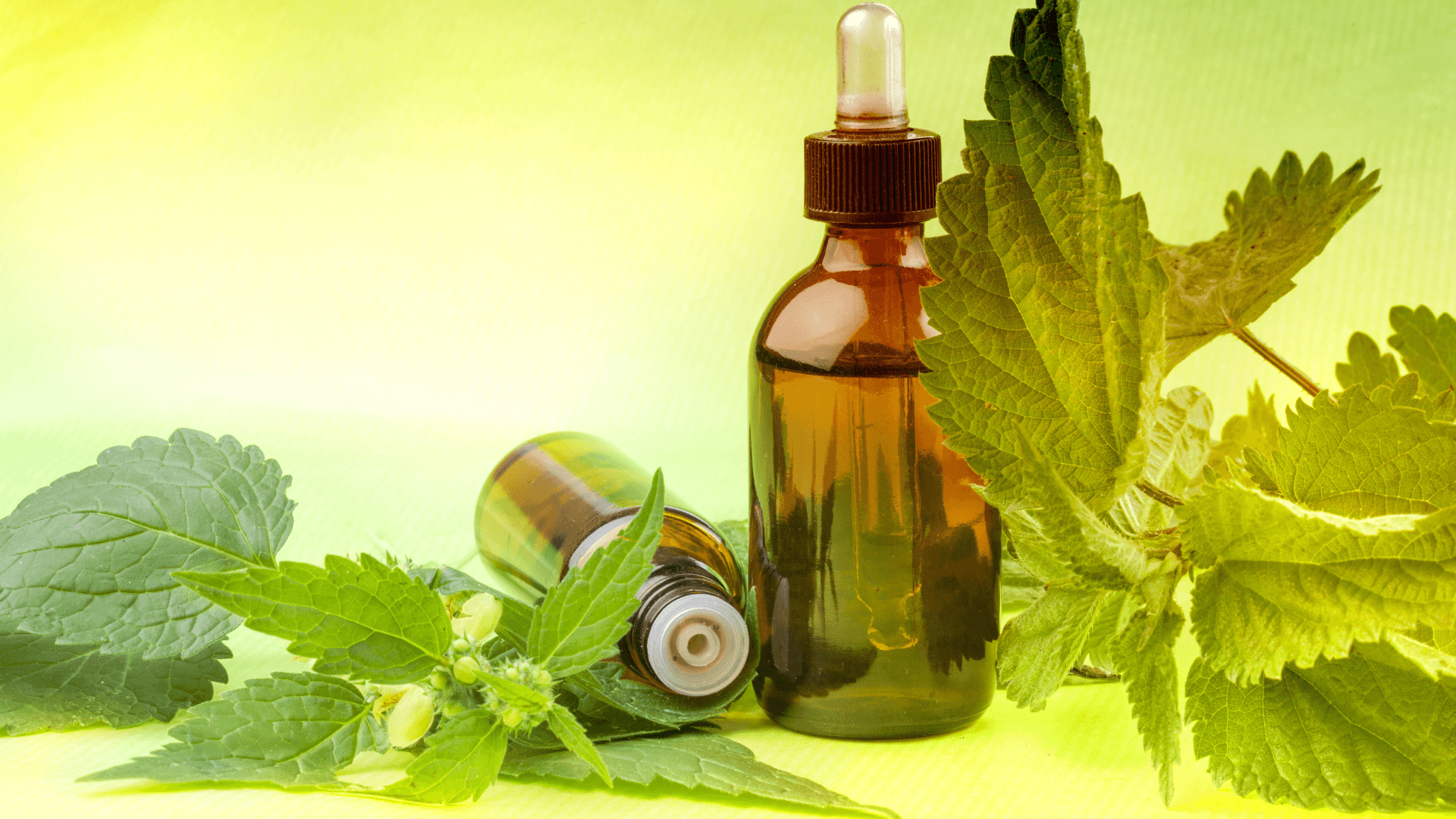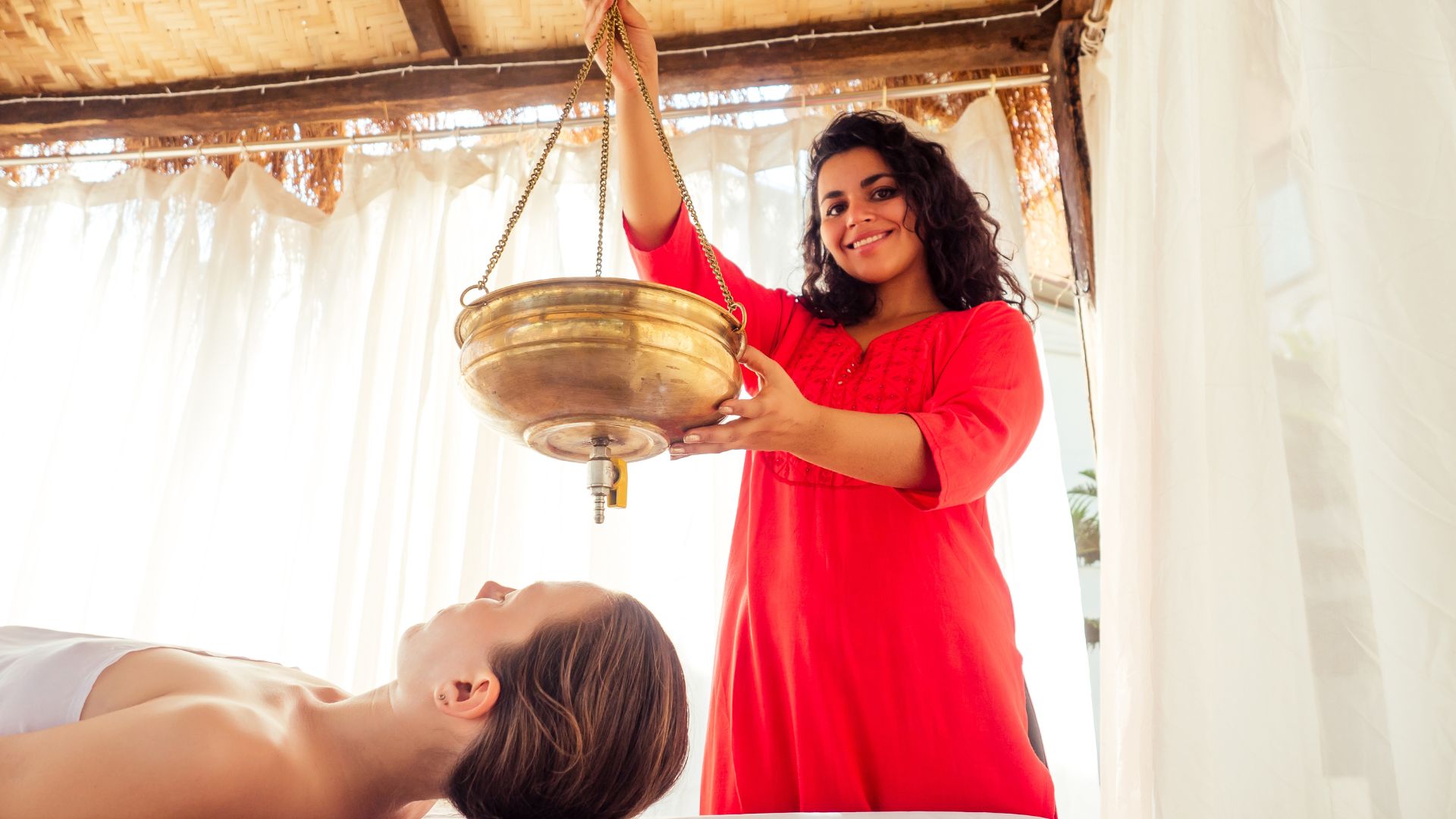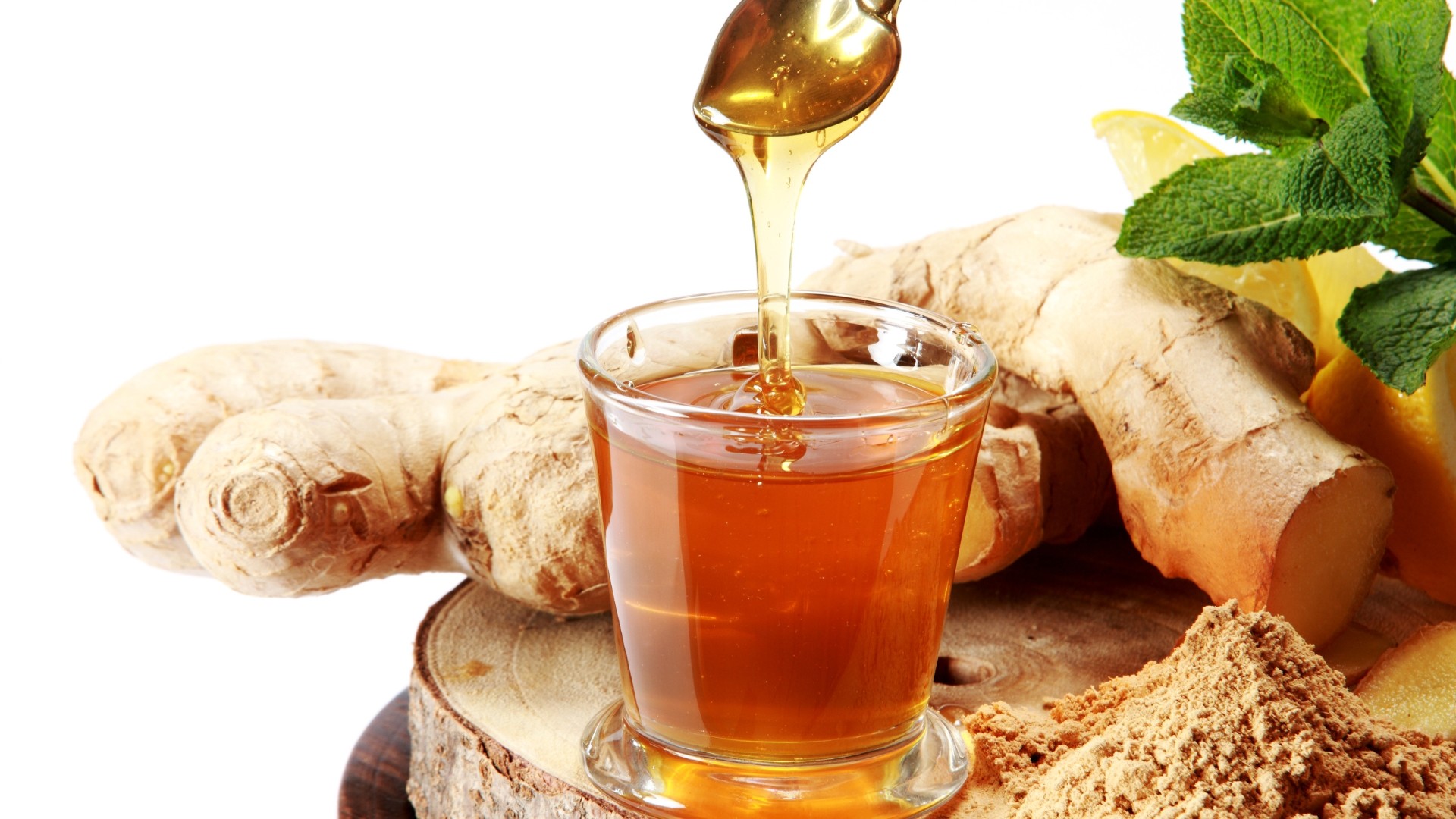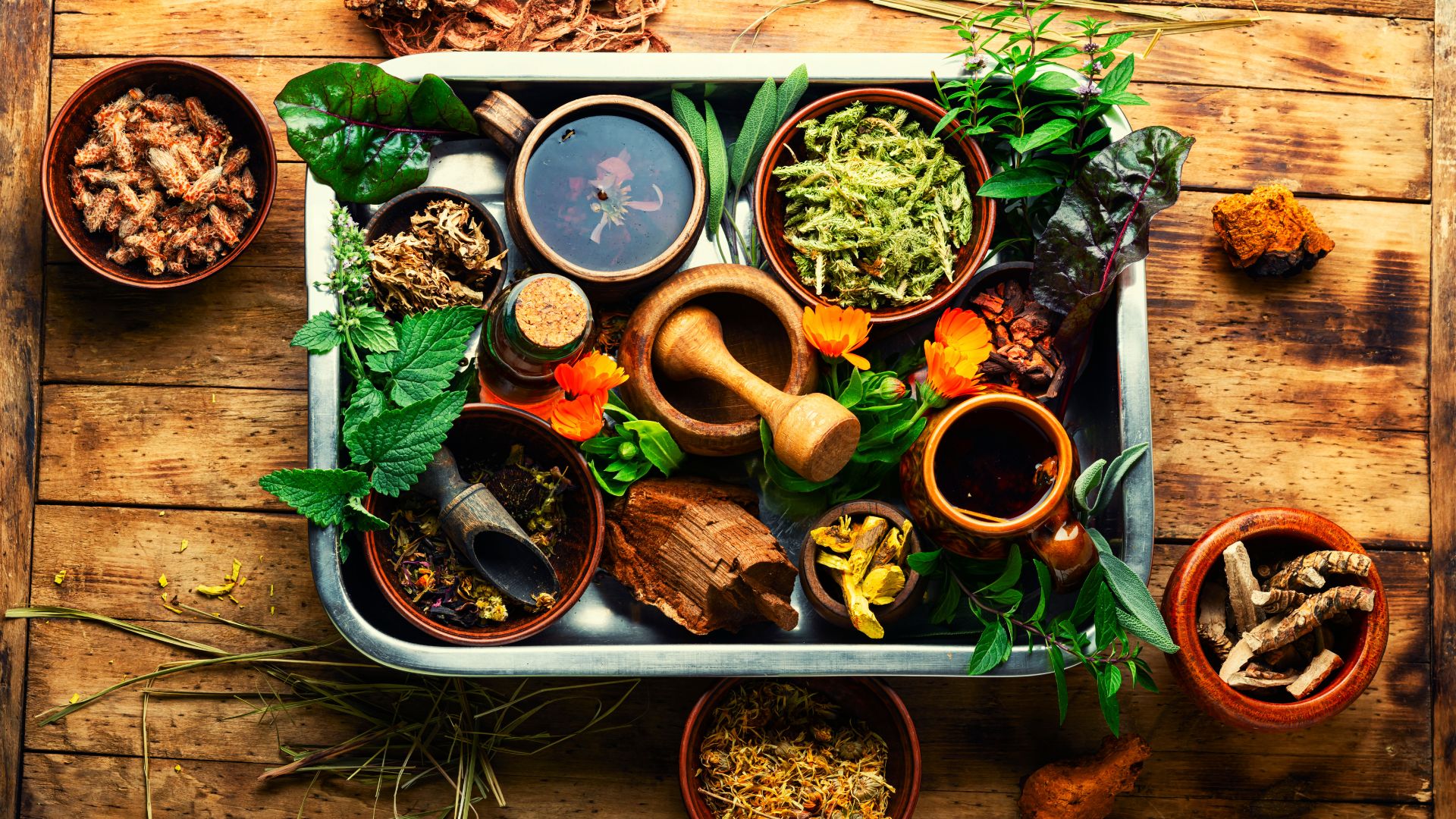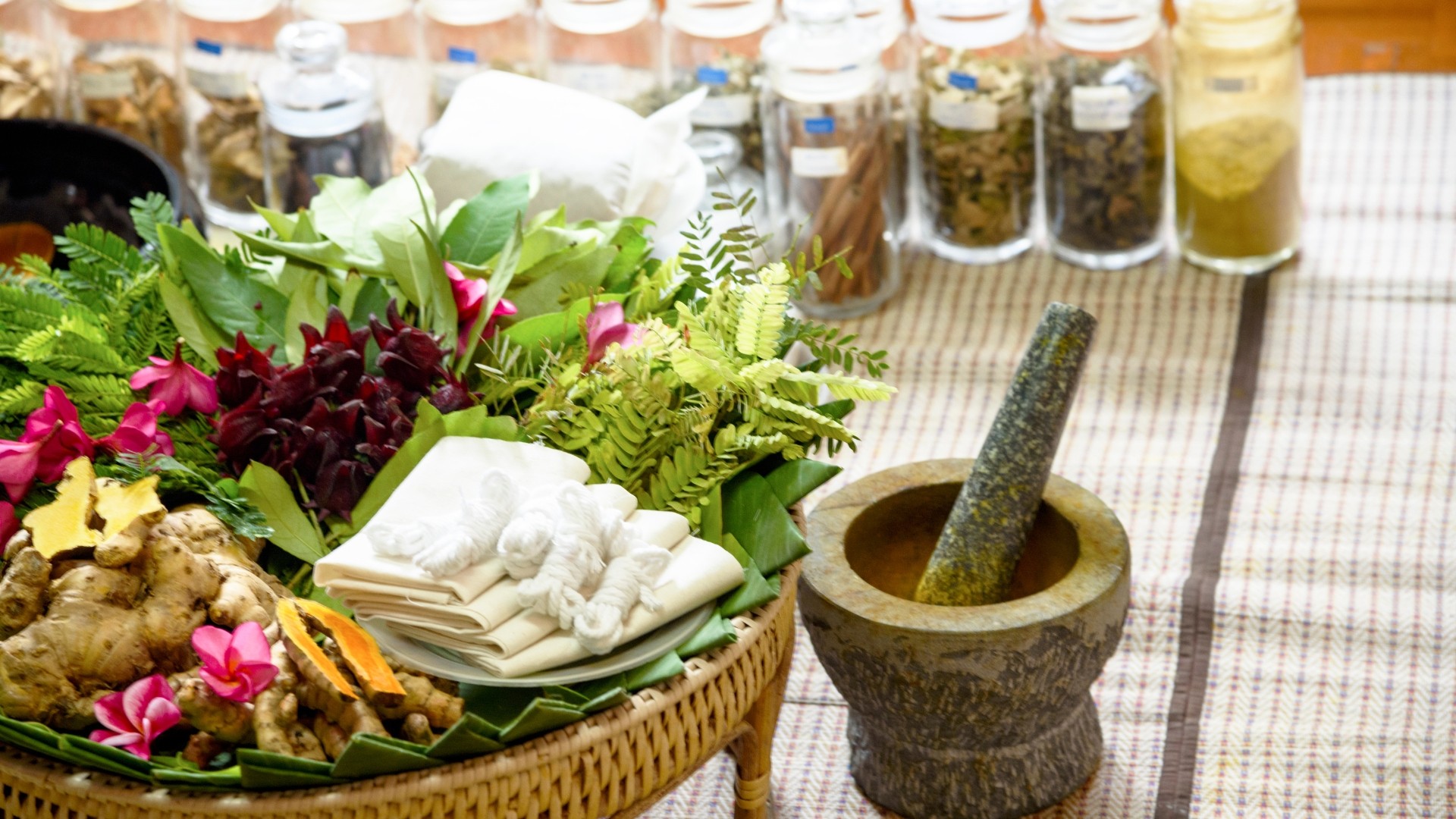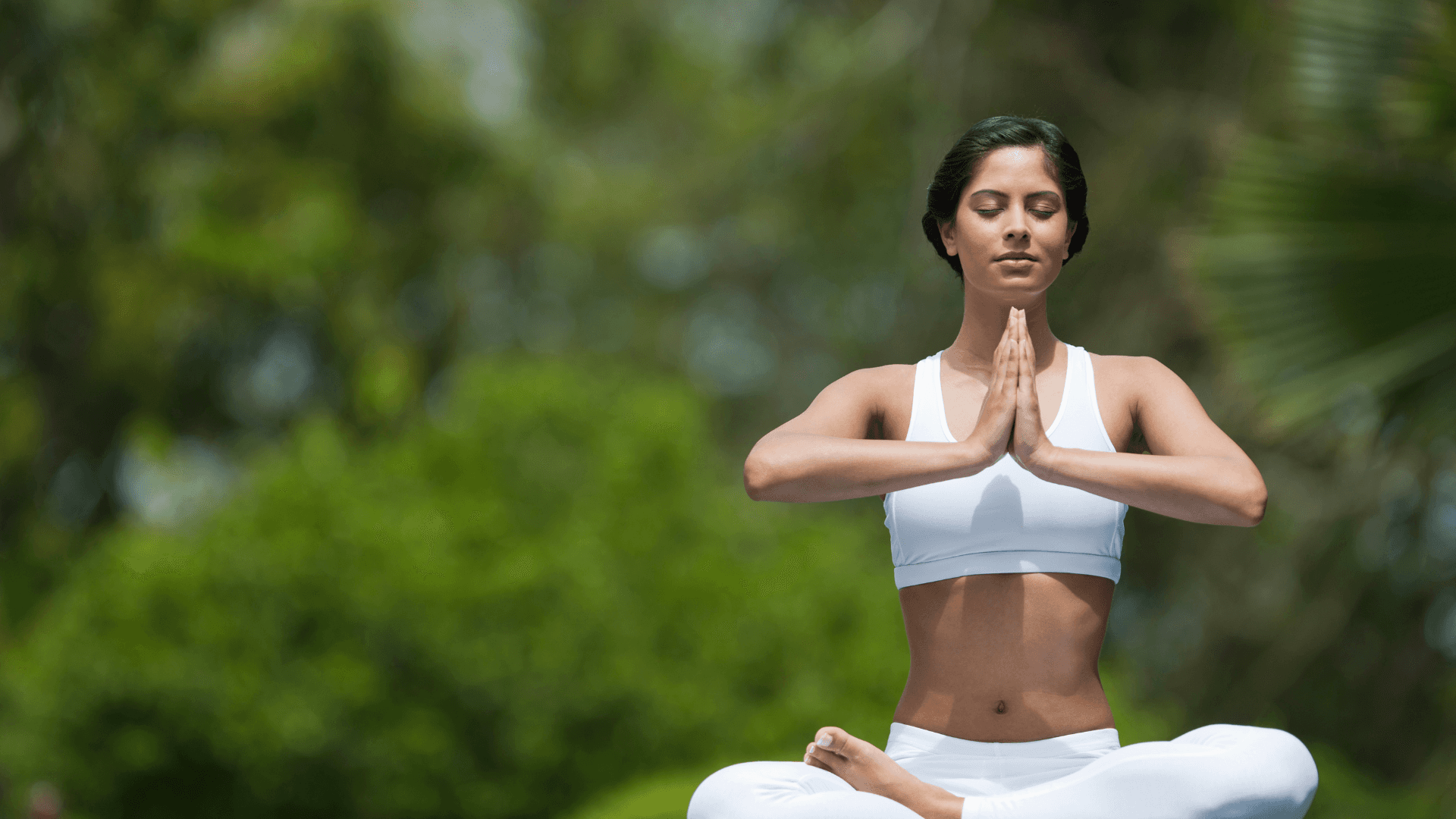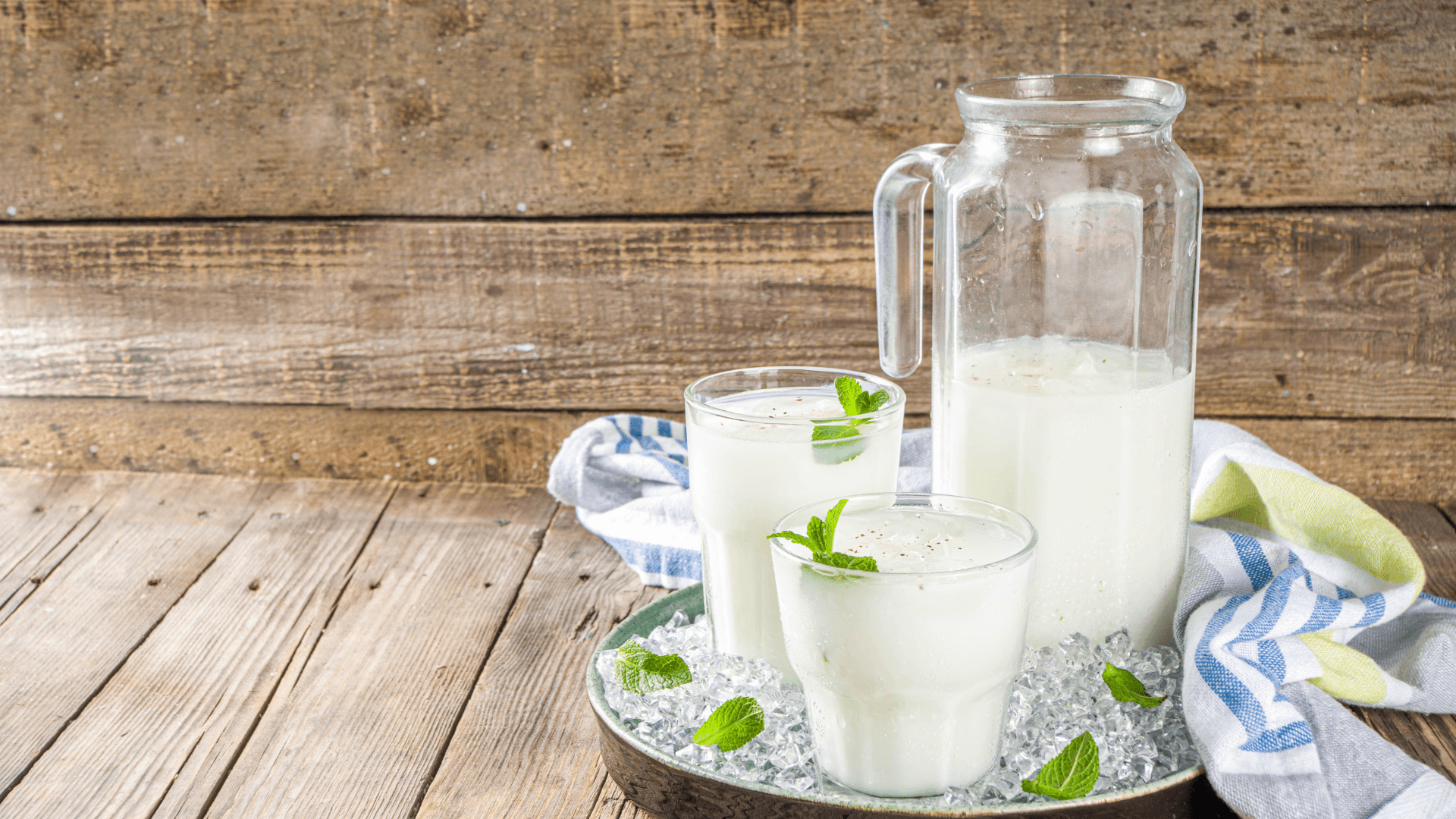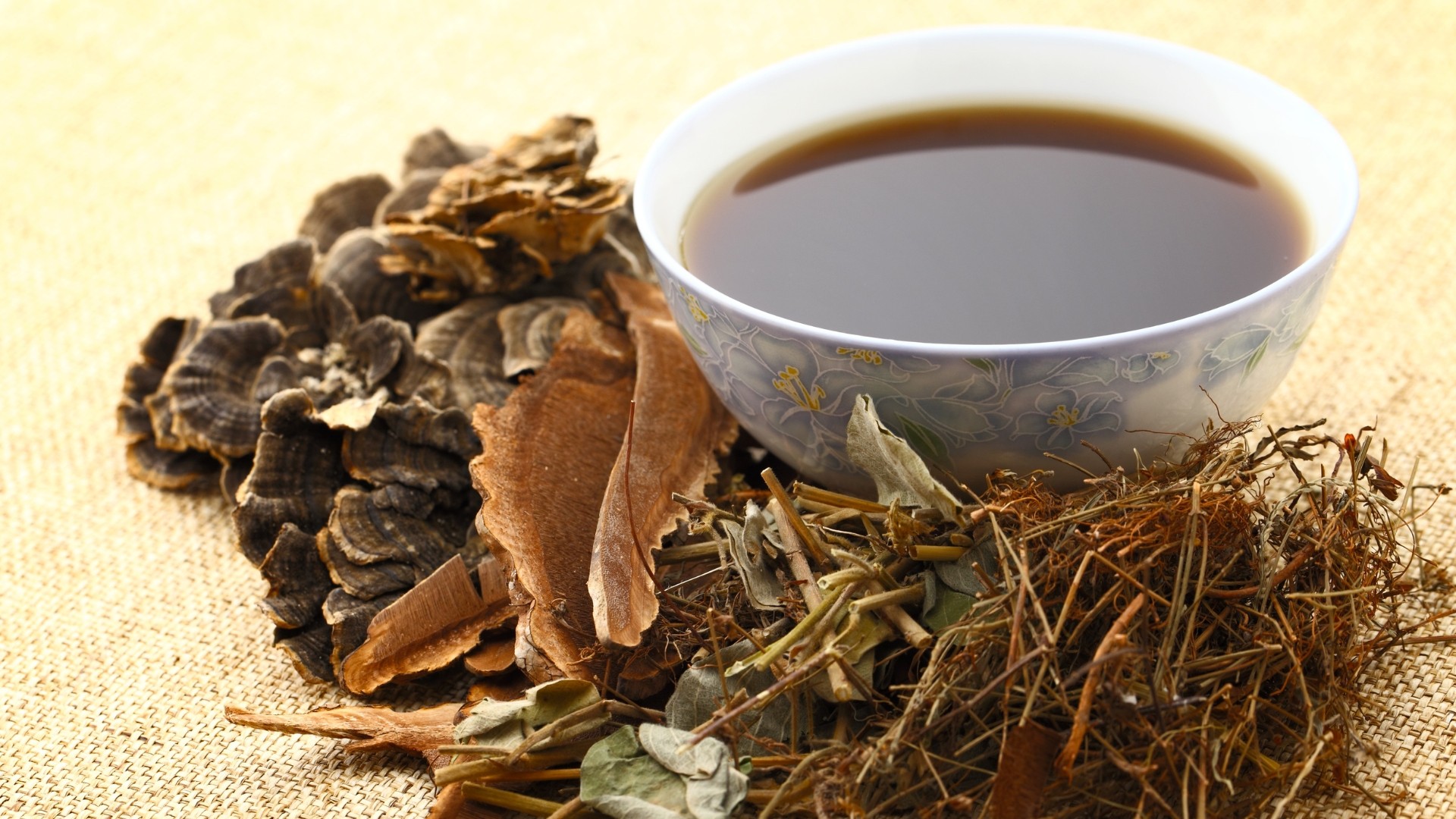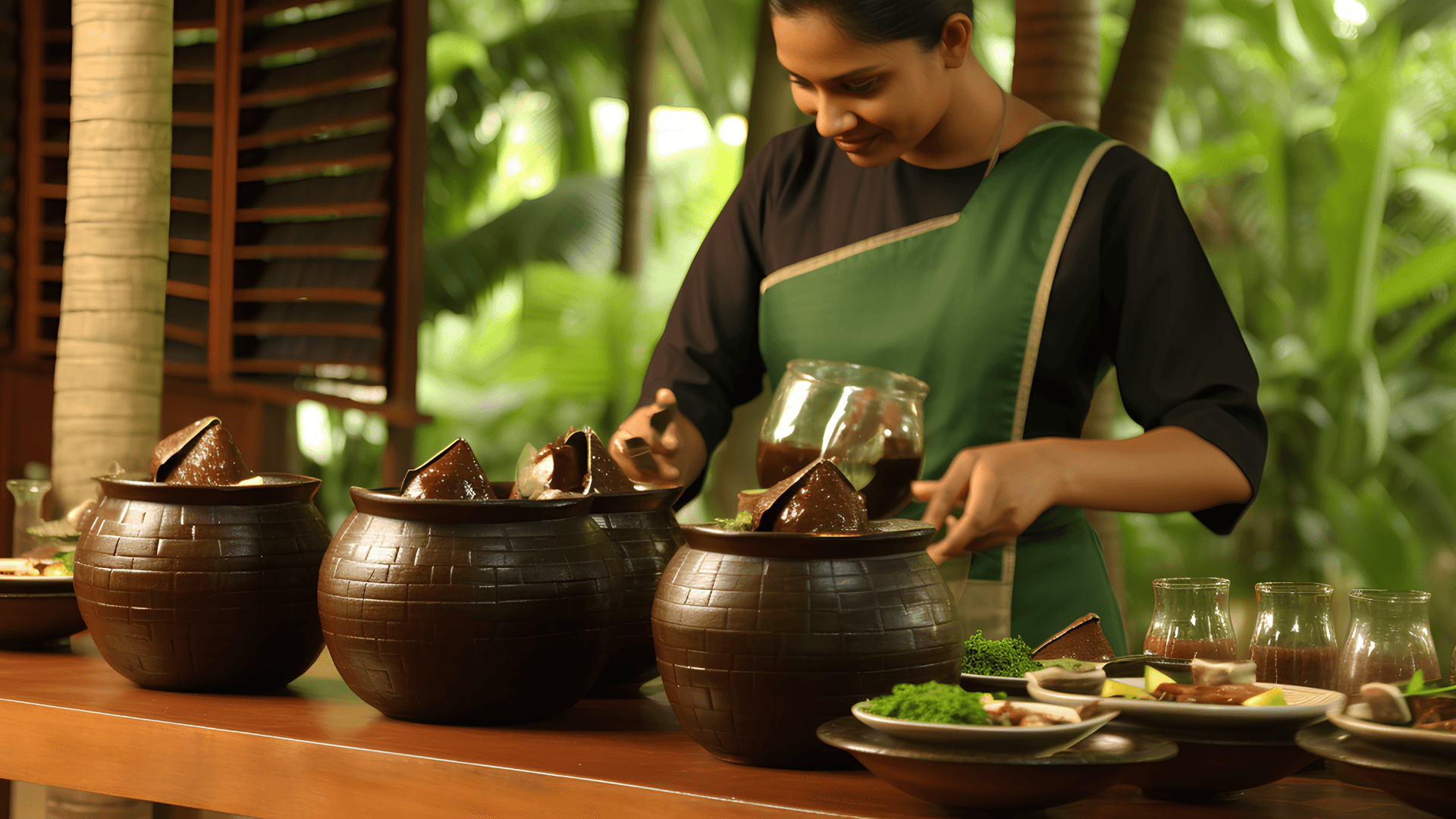Traditional Medicine
Feb 1, 2024
In the realm of traditional Indian hair care, mothers and grandmothers have long pampered their loved ones with age-old remedies designed to promote healthy, shiny hair. One such ritual involves the application of nourishing, herbal head massages, often followed by the use of sudsy reetha, also known as soapnuts, and a final rinse with fragrant water.
These practices are deeply rooted in Hindu myths and religious texts, particularly the Vedas, where deities with unruly hair symbolize anger, while those with thick, curly locks or smooth braids embody patience. The beliefs intertwined with these myths form the basis of traditional Indian hair care, with the aim of achieving thick, lustrous, and healthy hair.
Understanding Ayurveda
To fully appreciate the benefits of these Indian home remedies for hair growth, it's essential to delve into the principles of Ayurveda. Ayurveda, an ancient practice, is centered around identifying the humors of the body and their connection to the natural elements: air, wind, earth, fire, and ether.
Within Ayurveda, three primary doshas or constitutions are recognized: vata, pitta, and kapha. Each individual possesses a unique combination of these doshas, influencing internal organs, physique, attributes, and emotions. According to Ayurvedic philosophy, imbalances in these doshas can lead to various health issues, including hair-related concerns.
Working with Your Hair Type
Ayurveda emphasizes the correlation between a healthy body and mind and the promotion of optimal hair growth. Different doshas are associated with distinct hair qualities:
Vata Hair Qualities:
Qualities: Thin, dry, prone to frizz and breakage.
Imbalance: Excessive hair loss, dandruff, split ends.
Nurturing Remedies:
Warm Oil Massages: Nourish your scalp with gentle massages using almond or sesame oil twice weekly.
Moisturizing Masks: Deep condition with rich ingredients like banana, avocado, or honey mixed with yogurt or oil.
Soothing Rinses: Infuse rose petals, lavender, or chamomile in warm water for a final rinse after shampooing.
Dietary Harmony: Focus on warm, cooked foods like soups, stews, and root vegetables. Reduce processed foods, caffeine, and alcohol.
Pitta Hair Qualities:
Qualities: Fine, straight, prone to thinning and premature greying.
Imbalance: Excessive oiliness, dandruff, hair fall.
Balancing Remedies:
Cooling Oil Massages: Soothe your scalp with coconut or almond oil mixed with cooling herbs like neem or mint. Use once or twice a week.
Calming Masks: Mix buttermilk or aloe vera gel with cucumber or green tea for a refreshing scalp treatment.
Herbal Rinses: Use cool rinses with neem, mint, or hibiscus to restore balance.
Dietary Choices: Opt for cooling foods like fruits, vegetables, and leafy greens. Limit spicy, oily, and acidic foods.
Kapha Hair Qualities:
Qualities: Thick, dense, oily, slow-growing.
Imbalance: Heavy, greasy, prone to dandruff and scalp congestion.
Stimulating Remedies:
Invigorating Oil Massages: Use light oils like jojoba or olive oil once a week. Add warming herbs like ginger or rosemary to the oil.
Clarifying Masks: Mix gram flour (chickpea flour) with lemon juice or apple cider vinegar for a gentle scalp scrub. Rinse thoroughly.
Herbal Rinses: Use warm rinses with amla, shikakai, or fenugreek to stimulate hair growth and cleanse the scalp.
Dietary Adjustments: Focus on lighter foods like fruits, vegetables, and light soups. Reduce intake of dairy, sweets, and heavy, oily foods.
Ayurvedic Hair Care Basics
Tailoring a hair growth regimen based on individual doshas is the cornerstone of Ayurvedic hair care. The following factors contribute to a comprehensive Ayurvedic approach:
1- Healthy Mind and Emotions:
Ayurveda posits that imbalances often originate in the mind. Mental and emotional well-being plays a crucial role in overall health, including hair growth.
2- Optimal Nutrition:
A balanced diet rich in dosha-specific fruits and vegetables.
Moderate intake of healthy fats like ghee or nuts.
Digestive aids such as cumin, turmeric, ginger, and honey.
Herbal supplements like Triphala to balance the doshas.
3- Hair Oiling and Washing:
Regular application of dosha-specific oils, such as almond or sesame oil for vatas, coconut or almond oil for pittas, and olive oil for kaphas.
Gentle washing with a mild shampoo to avoid stripping natural oils.
4- Scalp Massage:
Ayurvedic recommendation for a warm oil head massage followed by a rest period before washing.
Scalp massages with herbal oils enhance hair growth and overall conditioning.
5- Herbal Treatments:
Utilizing herbs like reetha and shikakai for a natural, soapy shampoo.
Incorporating herbal remedies in the form of masks, rinses, or teas for improved hair health.
Herbal Delights for Hair
Ayurveda harnesses the power of various herbs to enhance hair health. These include:
Rose Petals:
Calming for all doshas.
Ideal for a lukewarm bath or cold rinse to retain delicate aromatic oils.
Green Tea:
Warming and astringent.
Effective as a hair rinse for shiny and bouncy hair.
Neem:
Cooling, antimicrobial, and antibacterial.
Useful for controlling dandruff in warm hair tea or rinse.
Tulsi (Holy Basil):
Warming and promotes hair growth.
Ideal for a warm rinse or scalp mask.
Amla (Indian Gooseberry):
High in vitamin C and effective against dandruff.
Added to hair rinses or scalp masks.
Henna Leaves:
Calming for a hot or irritated scalp.
Used in a paste with aromatic oils for similar benefits.
Hibiscus:
Removes stagnation from the scalp.
Used in masks or shampoos for improved hair growth.
Scalp and Hair Masks
Herbal masks are instrumental in treating undernourished areas and sealing nutrients into the hair strands. Ingredients for these masks vary based on specific needs, including:
Aloe for Dryness:
Ideal for dry, itchy scalps.
Calming and nourishing.
Lemon and Neem for Oiliness:
Effective combination for oily scalps.
Controls excess oil and promotes balance.
Rose and Sandalwood Clay for Irritation:
Soothes irritated scalps.
Offers a cooling effect.
Henna with Nutrient-Rich Oils for Cooling:
Cools the scalp.
Promotes a calming effect.
Rinses and Hair Teas
Rinses and teas serve as the finishing touch to Ayurvedic hair care. These involve washing the hair or soaking it in herbal-infused water. Traditional additions include:
Rose Petals and Jasmine Buds:
Added to cold water baths for a pleasant scent.
Calms irritated skin, leaving a sweet fragrance.
Beyond the Remedies:
For truly holistic hair care, consider these additional practices:
Manage stress: Implement yoga, meditation, or spending time in nature to promote balance.
Embrace sleep: Ensure 7-8 hours of quality sleep to support hair growth.
Stay hydrated: Drink plenty of water throughout the day to keep your hair moisturised from within.
Seek professional guidance: Consult an Ayurvedic practitioner for personalised recommendations tailored to your unique needs.
Remember, consistency is key! By incorporating these dosha-specific remedies into your routine and adopting a holistic approach, you can unlock the full potential of your hair and experience the beauty and confidence that comes with it.
